Talk Archives

How Will Coral Reefs Survive Global Change?
In the next Hot Science - Cool Talks, Professor Jordan Casey will take you on a deep dive into the colorful world of coral reefs. From the stunning diversity of reef organisms to the mysterious connections between species, learn how scientists use DNA to unravel underwater food webs and reveal the uniqueness of each creature. Discover how global climate change is threatening these vital ecosystems and what we can do to protect them. List of Cool Activities.
Talk photo taken by Jennifer Adler.

The Future of Texas Water
Texas is no stranger to extreme weather, but how will climate change shape our water supply in the years ahead? In the next Hot Science – Cool Talks, Dr. Robert Mace dives into the future of Texas water, exploring how careful planning, conservation, and resilience are key to sustaining our communities through dwindling aquifers and unpredictable droughts. With water shortages affecting everyone—because we all depend on it—this discussion will highlight the biggest challenges and innovative solutions to ensure Texas has enough water for generations to come. In partnership with the Barton Springs-Edwards Aquifer Conservation District. From 5:30 to 6:40 PM, explore hands-on activities with over 20 local organizations, enjoy a bluegrass musical performance at 6:50 PM, and stick around for fun door prizes after the talk.
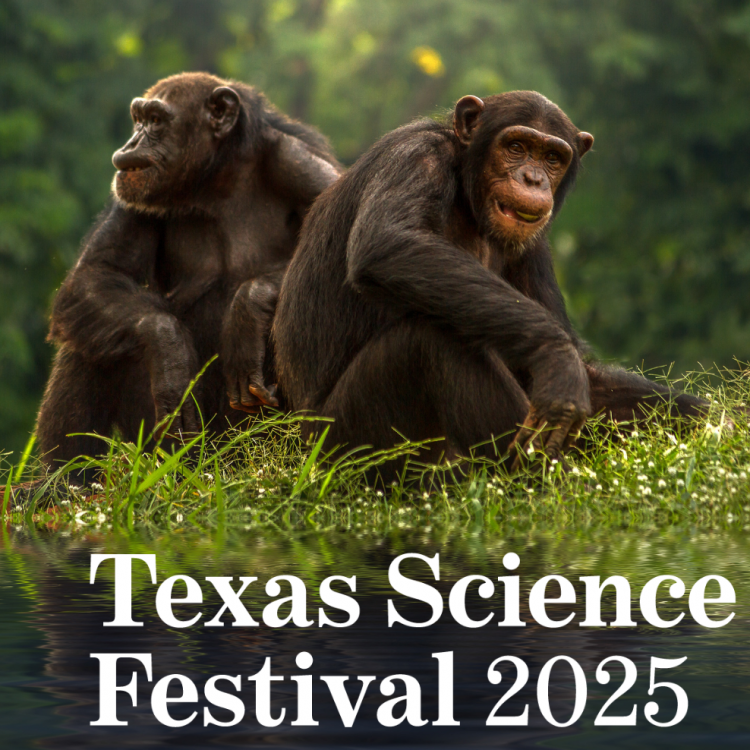
Love and War: What Can We Learn from Chimpanzees
What can the social lives of chimps teach us about our own? In the next Hot Science - Cool Talks, primatologists Dr. Aaron Sandel and Isabelle Clark share their first hand accounts of living amongst a chimpanzee social group. Discover how our closest ape relatives navigate social bonds, manage violence, and build connections.
This is a featured event in the 2025 Texas Science Festival. Environmental Science Institute is a proud partner of the Festival, organized by The University of Texas at Austin’s College of Natural Sciences.

Bioengineering to Save the World
Dr. Hal Alper is turning the tide on the plastic crisis. Using artificial intelligence, Dr. Alper and his team are engineering enzymes—a catalyst in cells—to break down plastics in days, not centuries. Join Hot Science - Cool Talks and discover how these advances in bioengineering could transform our approach to plastic and general wastes, protect our oceans and waterways, and pave the way to a more sustainable world.
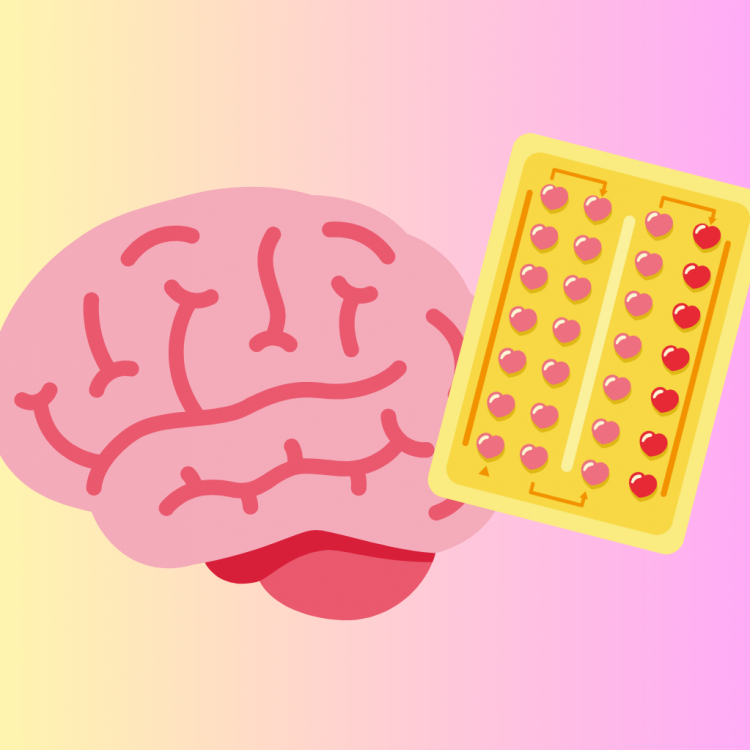
This is Your Brain on Birth Control
Birth control has revolutionized fertility control, but its effects extend far beyond reproductive health. The powerful hormones in birth control influence billions of cells throughout the body, particularly in the brain, shaping stress responses, eating habits, romantic attraction, and more. Join Hot Science - Cool Talks for an enlightening discussion with Dr. Sarah Hill as we explore the hidden impacts of birth control and empower everyone to make informed decisions about their health and well-being. (Recommended PG-13)

The Genius of Dogs
Dogs have an astounding ability to read our gestures and understand our words, often seeming to know exactly what we're thinking. But exactly how smart is man's best friend? Join Hot Science - Cool Talks for a conversation with Dr. Brian Hare, whose research focuses on understanding and explaining canine cognition. Dr. Hare will share the inside scoop on how the dog brain works and how to use his research to raise a great dog yourself. Dr. Hare will sign copies of his new book, Puppy Kindergarten, after the talk. Copies of the book will be available for purchase at the event. Send us a dog picture to be displayed before the talk. New York Times article, KXAN article. Check out the attending Cool Activities here.
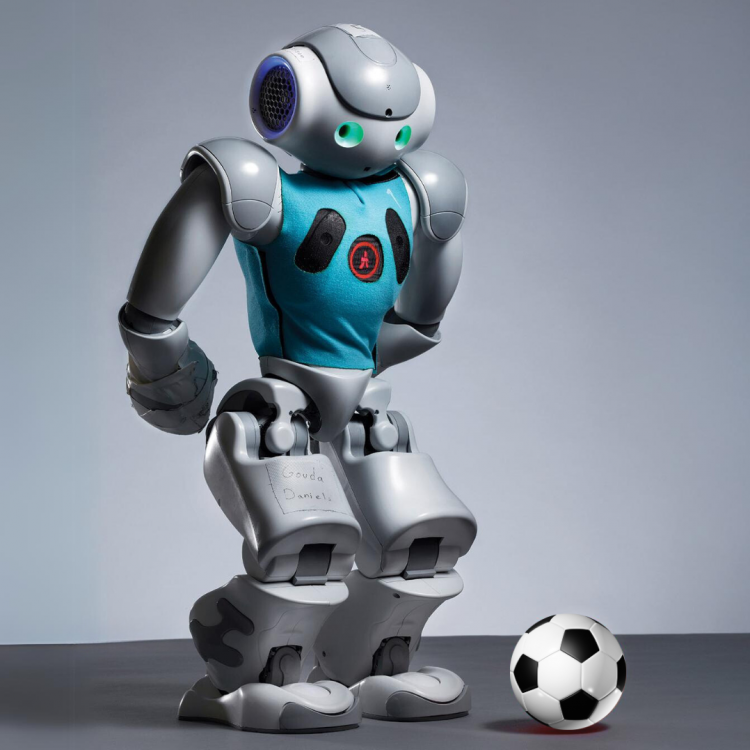
Humans vs AI: Robot Soccer and Gran Turismo
Advancements in AI have unleashed astonishing capabilities, but it is not magic. Peter Stone reveals his insights into cutting-edge AI and robotics and explores how they may reshape our world. Someday these technologies could win the World Cup, and they are already outperforming the best humans at complex tasks like high-speed racing.
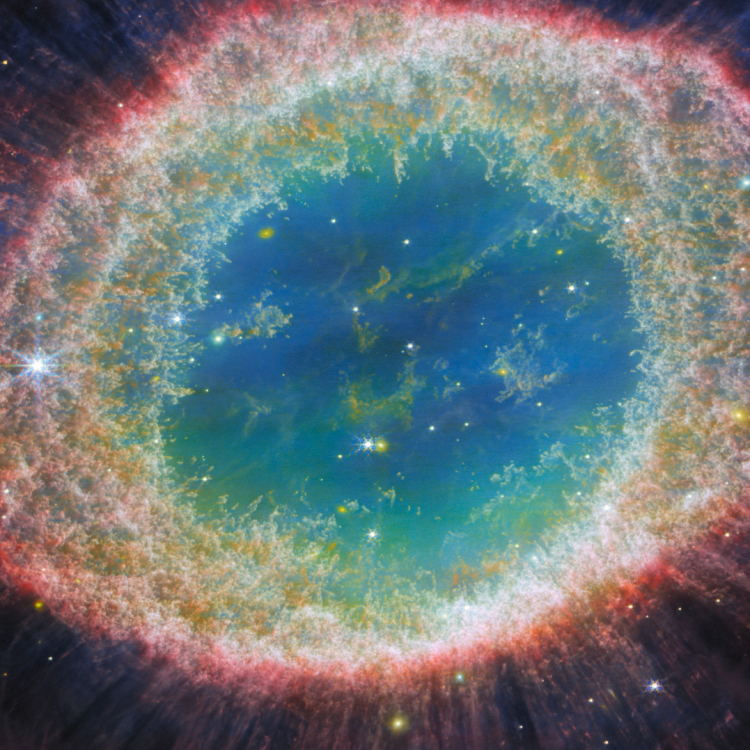
Breaking the Universe: Discoveries from the Beginning of Time
The powerful James Webb Space Telescope allows us to see back to the beginning of time, shortly after the Big Bang, when the first stars and galaxies were only starting to form. Professor Caitlin Casey will explore with us some exciting new discoveries made using JWST during the first billion years of cosmic time. These discoveries are challenging scientists’ existing understanding about the universe itself and will change the way you see the cosmos.
Image of the Ring Nebula, based on research by a team including Prof. Dinerstein and Dr. Kaplan of UT Astronomy. Image credit: ESA/Webb, NASA, CSA, M. Barlow (UCL), N. Cox (ACRI-ST), R. Wesson (Cardiff University).

Recipes for Food Insecurity
In "Recipes for Food Insecurity," Dr. Raj Patel unveils his research into a powerful link between food justice and addressing climate change. Battling a changing climate means transforming the food system and challenging oppressive systems. Dr. Patel's insights originate from researching frontline communities who have already developed unique solutions for a hot planet.
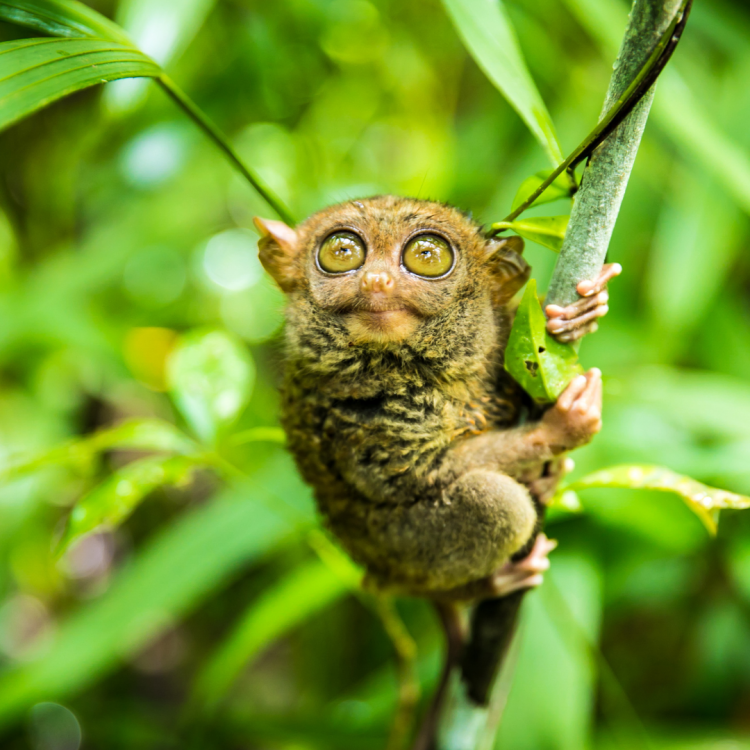
Tarsiers – Tiny Terrors of the Tropics!
Have you ever wondered what an insect’s worst nightmare is? Dive into the wonderful weirdness of tarsiers with Dr. Chris Kirk in “Tarsiers – Tiny Terrors of the Tropics!”. These primates have freaky adaptations, but in many ways, they are also just like us!